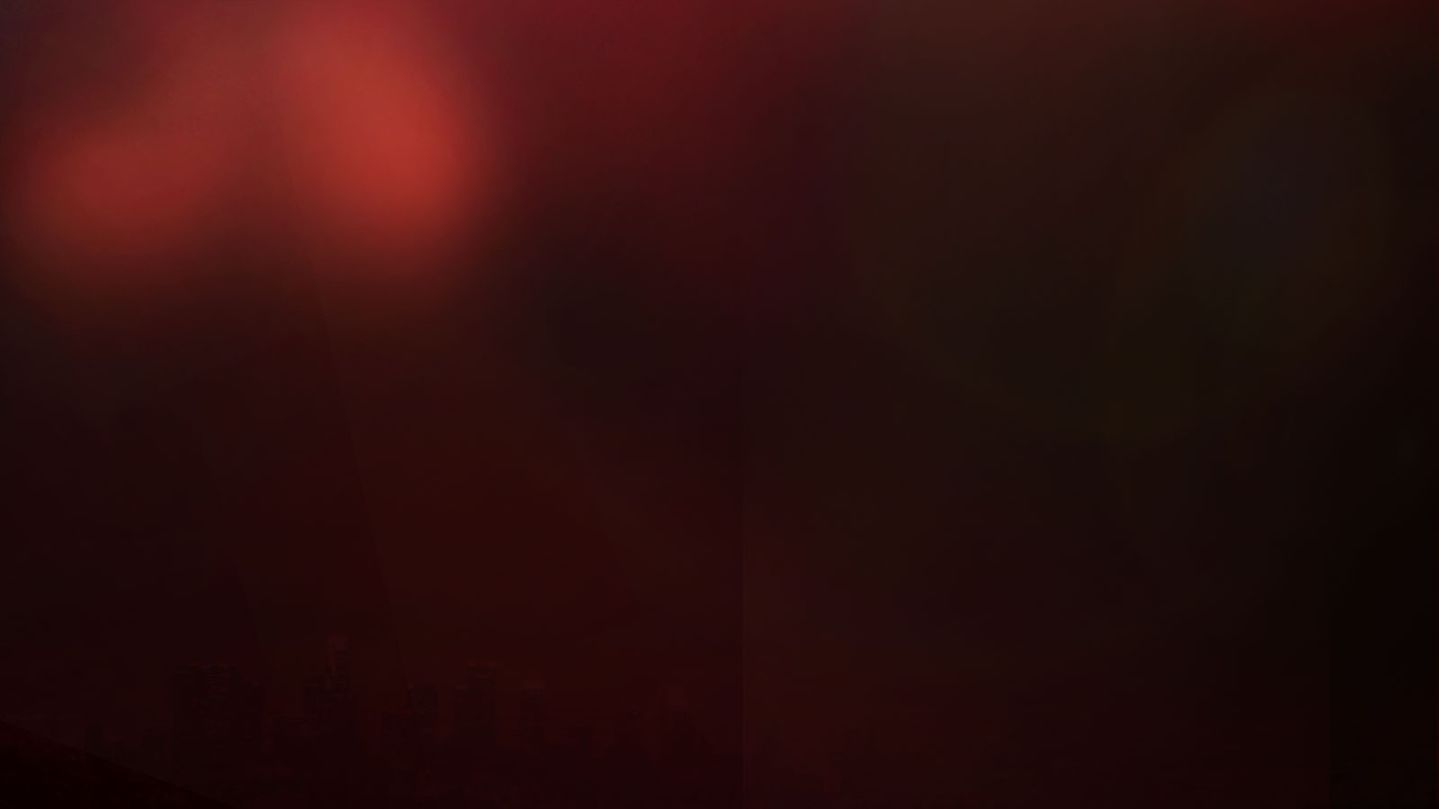When news of the Covid-19 pandemic first broke, Brian Mask, a member of the Mississippi Band of Choctaw Indians, immediately saw the danger it posed to his tribe.
“I knew it was gonna be bad because we Natives, you look at the history, our immune systems are not built for a lot of stuff,” said Mask, who lives on the Pearl River Reservation near Philadelphia, Mississippi.
The coronavirus spread through his community last spring, along with a wave of confusion and fear. Deaths spiked going into the summer; the tribe lost 33 members in June alone.
Mask’s friend and fellow tribal member Marsha Berry also lives on the reservation, where many families live in multi-generational homes. She told CNN that early in the pandemic, as residents had to wait about a week for their test results, many unknowingly spread Covid-19 to parents and grandparents before learning they were positive.
“We didn’t have any guidance, any type of Instruction on what to do. So, we kind of were left out to fend for ourselves,” Berry said.
Those who tested positive were often unprepared to quarantine for 14 days, without enough food, supplies or a support system at home.
Mask’s fiancé, Sandy Steve, shared the story of a mother of three in their community who was suffering from Covid-19. Her 7-year-old daughter had to continually wake her up to make sure she was still alive.
“First thing I thought about,” Mask said, “was (this is) going to affect that child for the rest of her life.”
The story angered Mask, but also inspired him to take action. He went on Facebook and “said some things that I shouldn’t have said,” but that’s when he also linked up with Berry, Steve, and another acquaintance Rian Willis to help.
They decided to collect donated food and hygiene products for what was supposed to be a one-day drive last June, offering families exposed to the coronavirus much-needed supplies. They secured a former Dollar General location to collect the items, and Berry announced the donation drive on a Facebook Live video.
The community’s response was overwhelming. The group received far more donations than they were able to give away in one afternoon.
Unable to fit the excess items in their homes, they turned the former Dollar General store into a temporary headquarters for their effort, which they named “Honoring the Choctaw Spirit.”
Donations rolled in over the summer as the virus spread to more families. While the local Choctaw Health Center was the first stop for most tribal members, helicopters flew the sicker Covid-19 patients to a hospital in Jackson, Mississippi – about 80 miles away.
Mask said he would hear choppers flying over his house every night. Berry recalled the emotional toll of the constant airlifts.
“I remember sitting here so many times and just … putting my hands over my ears so that I wouldn’t hear the helicopters, because the helicopters came three or four times a day to pick up another tribal member,” she said. “The majority of [them] never made it back home.”
Mask has lost family members to the pandemic, including a cousin who was just three months younger than him; they shared a crib and grew up together.
“He was healthy … and a week later, he’s in the hospital with it. It just blows you away … you talk to somebody one day and the next day they’re gone.”
The Mississippi Band of Choctaw Indians claim about 11,000 members. As of March 18, they had lost 113 members.
The tribe’s cultural losses are staggering. Mask says they lost the wife of a former chief, storytellers, traditional dancers, and stickball players, which he describes as a game similar to lacrosse.
“We were in a constant state of grief,” Berry said. “Having to deal with death on a daily basis, we almost became desensitized. Our funeral rites were taken from us because we couldn’t gather. We couldn’t mourn.”
The group kept the donation drives going every Saturday through the summer. Eventually, as the numbers of new cases began to decrease, Mask and other tribal members returned to their jobs.
Honoring the Choctaw Spirit then moved its effort online, creating a Facebook Group to connect with exposed families and allow them to request specific donations. After his overnight shift as a pit manager at the Pearl River Resort, Mask would return home for a few hours of sleep before driving deliveries to those in need.
Nowadays, donation requests spread mostly through word of mouth or Facebook posts, Mask said. He is also running a drive to fill Easter Baskets for tribal children who lost loved ones in the pandemic.
Mask acknowledges some tribal members are hesitant about getting the Covid-19 vaccine. He admits that he was scared, but given his work environment, he was glad to get it. Seeing casino patrons refusing to wear a mask frustrates him, he says, and he has a message for them: “While you may wanna die, I have a responsibility to these people out here.”
Despite all the losses, Mask and Berry say they see a silver lining in this tragedy: their drives unified tribal members to help each other while reacquainting old friends and building relationships.
Mask, who still makes deliveries to those affected by Covid-19, also gained a sense of personal satisfaction from this work.
“I didn’t grow up the perfect person in the world or anything, but I went to sleep every night with a smile on my face knowing I’m going to heaven. That sounds stupid, but it’s my mindset now.”




